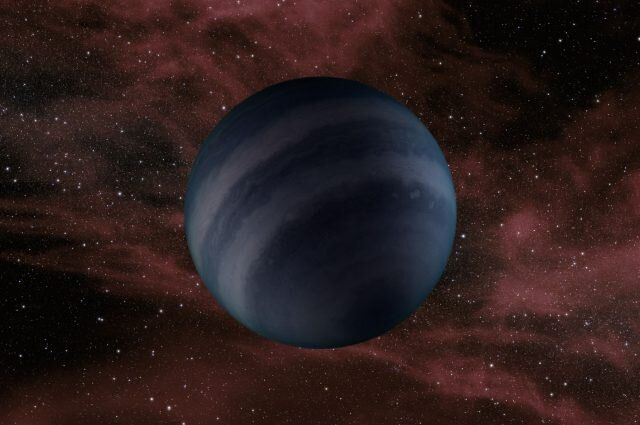The end of the universe as we know it will not come with a bang. Most stars will slowly fizzle as their temperatures fade to zero.
“It will be a bit of a sad, lonely, cold place,” said theoretical physicist Matt Caplan, who added no one will be around to witness this long farewell happening in the far far future. Most believe all will be dark as the universe comes to an end. “It’s known as ‘heat death,’ where the universe will be mostly black holes and burned-out stars,” said Caplan, who imagined a slightly different picture when he calculated how some of these dead stars might change over the eons.
Punctuating the darkness could be silent fireworks—explosions of the remnants of stars that were never supposed to explode. New theoretical work by Caplan, an assistant professor of physics at Illinois State University, finds that many white dwarfs may explode in supernova in the distant far future, long after everything else in the universe has died and gone quiet.









Comments are closed.